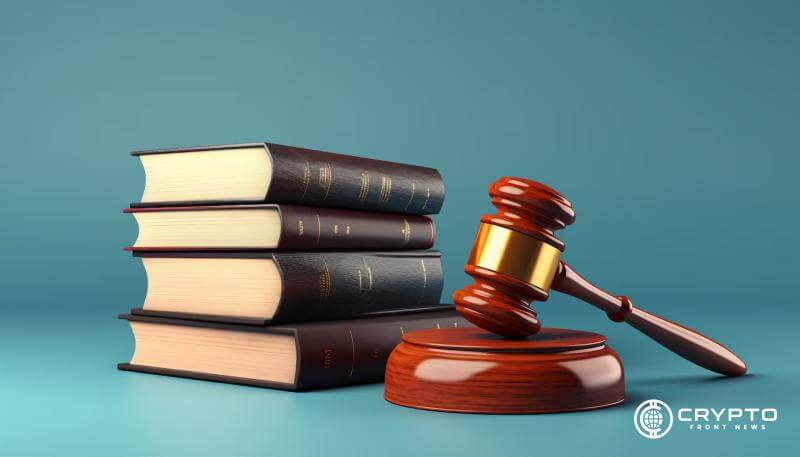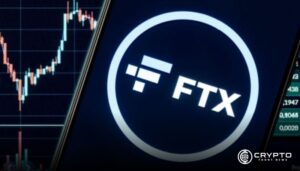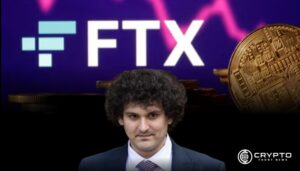- U.S. Trustee raises concerns over legal exemptions in FTX’s reorganization plan, citing overly broad immunity for administrators.
- Smaller FTX creditors face unequal treatment, receiving a lower reimbursement rate than larger claimants under the proposed plan.
- Creditors suggest in-kind repayments in cryptocurrency to avoid tax burdens, referencing a similar strategy used in BlockFi’s case.
The ongoing FTX bankruptcy case has encountered objection from the U.S. Trustee and a group of creditors, who have voiced objections to the crypto exchange’s amended reorganization plan.
Notably, the U.S. Trustee raised ten flaws in the plan, highlighting concerns over broad legal exemptions and unequal treatment of creditors. These concerns reflect growing dissatisfaction with the reorganization efforts, despite FTX’s claim that a significant majority of creditors support the plan.
Legal Exemptions
U.S. Trustee Andrew R. Vara expressed serious concerns about the legal exemptions outlined in FTX’s reorganization plan. Vara argued that the plan grants overly broad immunity to the exchange’s administrators and advisors, a provision that, according to Vara, exceeds the protections typically afforded to estate professionals. He emphasized that such immunity goes beyond what is permissible under existing legal statutes.
Furthermore, the Trustee pointed to the unequal reimbursement of creditors based on the size of their claims. Specifically, creditors with claims under $50,000 would receive a smaller percentage of reimbursement compared to those with larger claims, a discrepancy Vara deemed unnecessary given FTX’s available funds.
Kroll Data Breach Costs
A portion of Vara’s objections revolves around the handling of costs related to the Kroll data breach. Estate professionals have requested millions of dollars in compensation for their response to the breach, but Vara argues that the FTX estate should not be responsible for these expenses.
Notably, the fee examiner overseeing the case shares Vara’s concerns. Additionally, Vara criticized the plan’s unequal treatment of creditors by claim size. He pointed out that smaller claimants would receive a lower distribution rate than larger ones, despite having similar legal rights to reimbursement.
Creditor Group Echoes Trustee’s Concerns
In a separate filing, Sunil Kavuri, representing the largest group of FTX creditors, echoed the U.S. Trustee’s concerns. Kavuri also took issue with the plan’s exculpatory provisions, arguing that they violated established legal precedents.
He further raised the issue of in-kind repayments, suggesting that creditors should have the option to receive cryptocurrency rather than cash to avoid high tax liabilities. Kavuri referenced the BlockFi bankruptcy case, where some creditors received in-kind distributions with Coinbase’s assistance, presenting this as a viable option for FTX creditors as well.
Despite these objections, FTX has maintained that a large percentage of creditors support the amended plan. The final voting results will be presented to the U.S. Bankruptcy Court in Delaware ahead of the confirmation hearing set for October 7, 2024.





